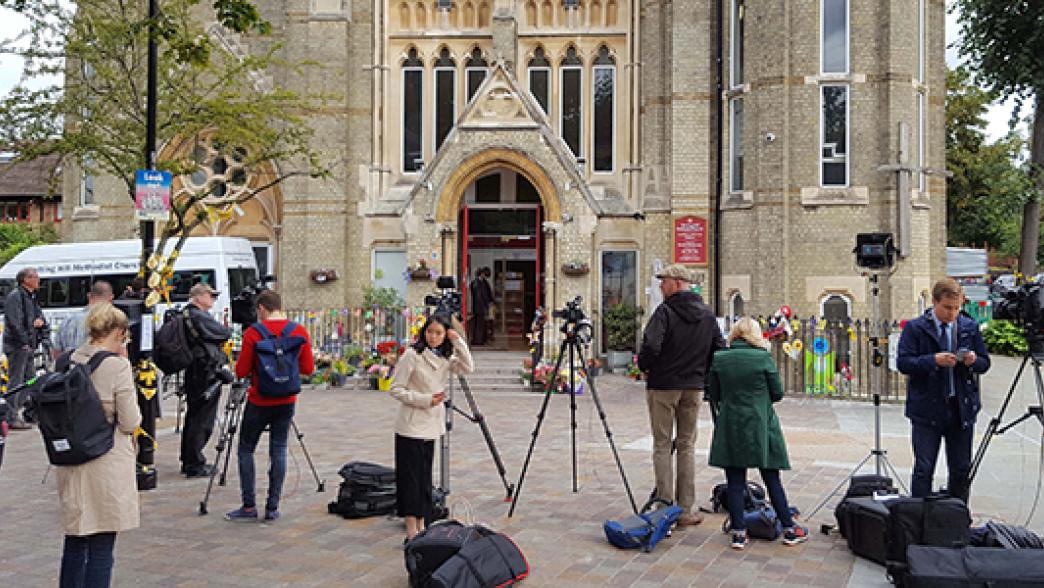How public inquiries can lead to change
Government has spent £639m on public inquiries over the last 30 years. However, the process for following up on recommendations is inadequate.

Government has spent £639m on public inquiries over the last 30 years. However, the process for following up on recommendations is inadequate.

In the wake of the Grenfell tragedy, public inquiries are back in the spotlight. But at times inquiries have struggled to secure lasting change. This
Almost a third of UK regulators have not been scrutinised by parliament since 2019 general election.
The Whips’ Office is crucial for achieving any government’s agenda. How has the role changed in the past and how might it change in the future?
Why the centre of government has failed successive prime ministers – and seven recommendations for radical reform.